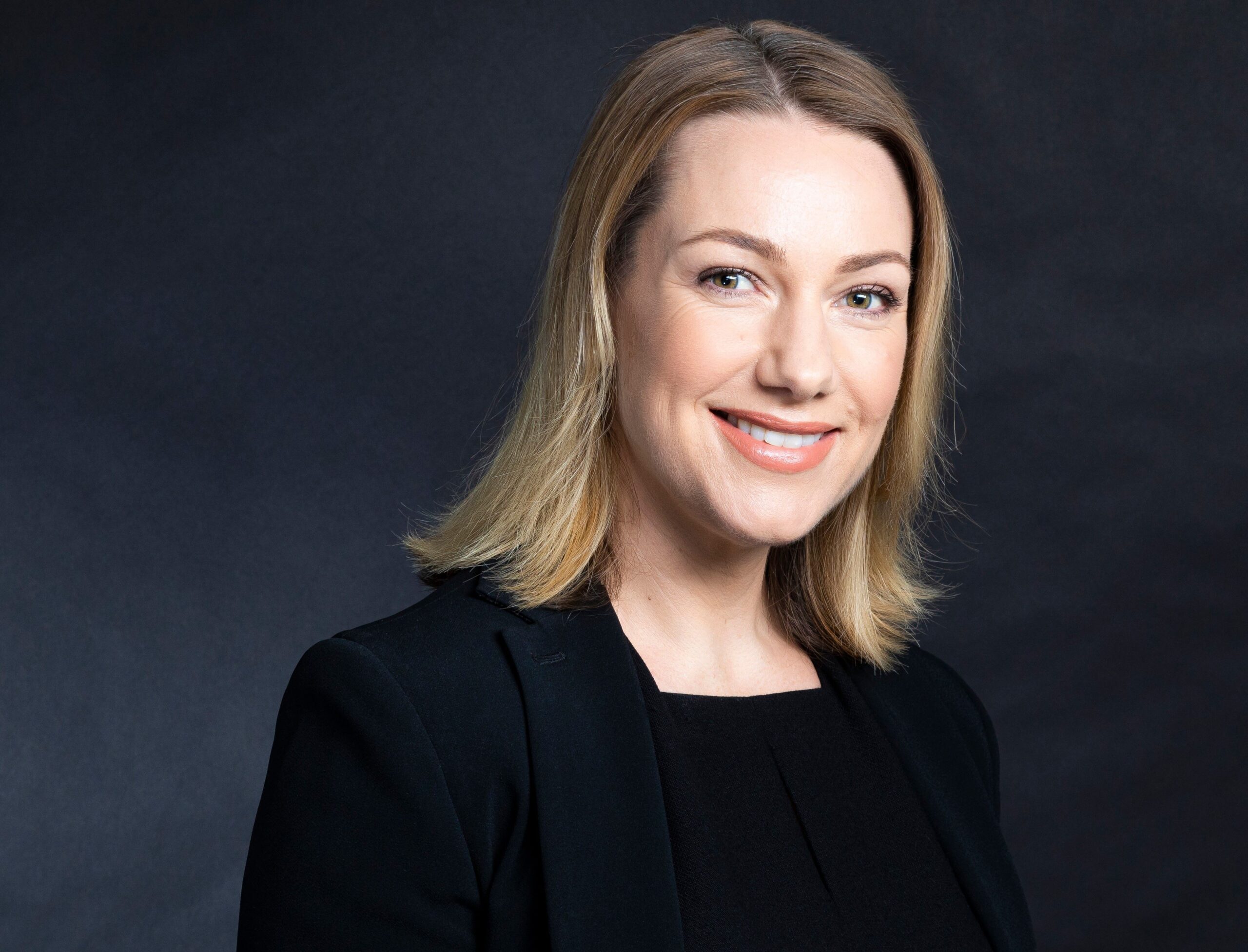7 key small business trends delivered by Covid
Andy Hamilton shares the seven key trends his team have learned from 285,000 interactions on support forum Manaaki.io, and what they mean for small business.
In its first three months 85,000 people have visited small business support forum Manaaki.io, and 200,000 have watched live interviews with inspirational Kiwi business people. As New Zealand faces a new outbreak of COVID-19, co-founder Andy Hamilton shares the seven key trends his team have learned from those 285,000 interactions, and what they mean for small business and New Zealand.
1. Instant access, engagement and responsiveness is the new table stakes for small business.
From day one, business owners have been asking mentors on the Manaaki forum, ‘how do I work through this thing?’ Whether ‘this thing’ is the wage subsidy, small business loan, an HR issue, or the many other challenges that business owners face.
Those are straightforward questions that need straightforward answers but are acting as real roadblocks for businesses. They need help, and they need it now so they can move forward.
Covid-19 has accelerated the trend of instant advice. Just like the EMA AdviceLine and MyHR, Manaaki’s crowd-sourced guidance collapses the value chain for advice. And because it’s digital and therefore ‘always-on’, it’s even more instant.
We learned that if you make it easy to find answers, people will come. Our users receive at least one answer that same day, from a diverse range of experts, for free. Being able to tick one more thing off their ‘to do list’ is absolutely invaluable.
So what does this mean for business in general? Instant is the new table stakes. Organisations need to consider how they can provide instant access, responsiveness, and engagement, for their community. Because if they don’t, someone else might, and take their place in the market.
Challenge: How can we make it easy for small businesses to provide their customers with ‘always-on’ access to the right people?
2. We all want to be more digital – but need help with the how.
At Manaaki, a significant number of the questions we’ve received have been around digital: How do I go digital? How do I generate more sales online? How do I reach more potential customers online?
Covid-19 has accelerated Kiwi businesses into digital – a space where many businesses who were used to traditional retail, were lacking understanding. We’ve seen a shift from “Why should I go digital?” to “How can I go digital?” and now “How can I make my digital experience more engaging?”
Although many users found success after featuring on the New Zealand Made Products Facebook page or a popular blog, they’re struggling to then maintain sales. Digital appears so simple from the outside, but it’s much more complicated behind the scenes. So, demystifying those hidden and unreachable elements is essential. As is giving business owners the awareness that some aspects of digital such as ecommerce and AI, require specific processes, systems, and capabilities that may need to be outsourced.
So, what’s the implication? It’s easy to say, “I want to go digital” but much harder to know where to start. A personal ‘digital guide’ with the requisite skills, experience and context could make a material impact.
The challenge to the industry is to decide how many ‘digital guides’ would we need to help New Zealand go digital. These guides must be able to not only ‘show’, but also ‘do’. And, once a business owner goes digital, the challenge is that so many digital ‘systems’ don’t talk to each other. We need tech platforms to ‘open up’ in order to enable this.
There is a friction in that the gates are open, owners want to move to digital, but they are super frustrated with the how part. Greater focus and tools are needed to get this moving.
- We have entered the age of the side hustle – and need funding models to reflect this.
When you lose something in a crisis, it creates urgency to find something new. So it’s no surprise that many people are venturing out on their own. They’re:
- Seeking guidance on finding and reaching their markets
- Sharing their hypotheses about market opportunities
- Looking for funding to support their start-up
More and more, people want to ‘do their own thing’, almost certainly spurred on by Covid-19. There’s also a large group of people when you add up the unemployed, failed businesses, expats back from overseas, University graduates, and youth not going on their OEs. Think 115,000 Kiwis.
So what does that show up? There’s a need here. It’s either being ignored or not seen.
Challenge: We need a start-up grant, digital tools and pathways for people who want to find their own path to independence. This could be a pivotal moment in our history when we look back at the tens of thousands of Kiwis who started up post Covid-19.
The side-hustle is front and centre, and at times it is hard to know what is the ‘side’ or what is the ‘core’ — and that does not matter because if you want to get ahead, then standing up, testing, iterating and learning what resonates and then doubling down will be key to move forward.
- Community organisations have been forgotten, and their volunteers are an untapped resource.
Social enterprises and community organisations have struggled to maintain cashflow while also supporting their communities.
For many of them, cash reserves are limited, as is their ability to borrow and seek funding. Their working capital typically comes from trade, and while the economy is in lock down, they will struggle to survive. The good news is that their supporters and volunteers have time to contribute.
In a crisis, some people look after themselves, and others find causes and communities they care for and choose to contribute. This ‘others first’ approach has huge power, because you can create a large group of people with a massive potential impact for good.
What’s the take away? If we forget community organisations, it constrains their volunteers’ ability to find solutions. This is a hidden part of the community, and these organisations are even more ‘at risk’ than others.
- Mindset, belief, and inspiration, are empowering. And live content and storytelling is helping SME owners feel less alone.
As adults, we often learn from people who are the same as us, or taking a similar journey. The Manaaki Lives on Facebook and Instagram have shown time and time again how important authentic storytelling is for supporting, inspiring, and empowering others to do the mahi.
We are our words, and we can at times be our faces. An interesting observation is that our Live viewers are typically younger and more diverse. Why? Well, yes, because we are on Instagram and Facebook, but also because so many of our guests are young Māori and Pasifika. Contrast this with the age splits on the Manaaki site, where our largest demographic age group is 60+.
Storytelling creates a wonderful opportunity, not only for the storyteller to self-reflect, but also for the wider community to learn and gain inspiration. Live broadcasts straight to our viewers’ phones are more personal than traditional broadcasts through TV and radio.
What are the learnings? If you want diverse communities of engagement, you must be diverse yourself. And a regular schedule builds consistent communities.
- Kiwis are still afraid to ask for help.
Out of every 100 people who visit Manaaki, 99 consume content, and just one actually asks a question. Halfway through Covid-19, we added a feature where users could ask questions anonymously. And guess what — the number of questions doubled that week. As Kiwis, we’re proud of our DIY mentality. But it can also hold us back. Believing we can handle things ourselves can stop us from asking for help.
Everyone’s reason for getting into business is different and deeply personal. They may be striving for fame and glory, carrying their family name, or just trying to make ends meet. That’s why asking for help can make people feel so vulnerable, and why many businesses ask questions anonymously.
Some people are happy to search our content to find the answers they’re looking for. Not all business owners are looking for exposure, in fact, most are not. It reminds us of conferences and classrooms when only a few people actually ask the questions, and that’s ok.
Challenge: How do we create environments where business owners can feel comfortable to ask for help, but if they don’t feel that way, they can still seek guidance or input?
- The truth hurts, and you hardly ever win the lottery.
While we are seeing some green shoots of hope, there is no escaping the hard grind needed and the importance of gaining clarity over every aspect of business.
What we’ve seen through three months of engagement with 285,000 Kiwis, is that so many are looking for answers, inspiration, and the ticket to independence. What they’re finding in some cases are ‘green shoots’ of hope, for example being featured on New Zealand Made Products.
The counter is that ‘shoot’ can be a once-off. To keep momentum, there’s no escaping the need to grind and hustle every day to keep themselves in business.
Instant stardom comes quickly and disappears just as fast. What does not change are the fundamental principles of building a successful business: customers, team, and markets, and everyone putting in the work on a daily basis. Look after the people, your customers, stakeholders, and team, and you will get through. But everyone has to keep working at it.
Being honest and discerning on every foundation you have in business is a fundamental success factor right now. Question everything you do, every assumption, every expense, every resource — if it is not helping you go forward, then be honest, cut-it, change it, re-frame it to give you the time and resources to survive and then thrive. This does not mean you should reduce head-count, but it does mean you have to establish clarity on every part of your business to ‘win’.
The key findings video summary can be found here .






